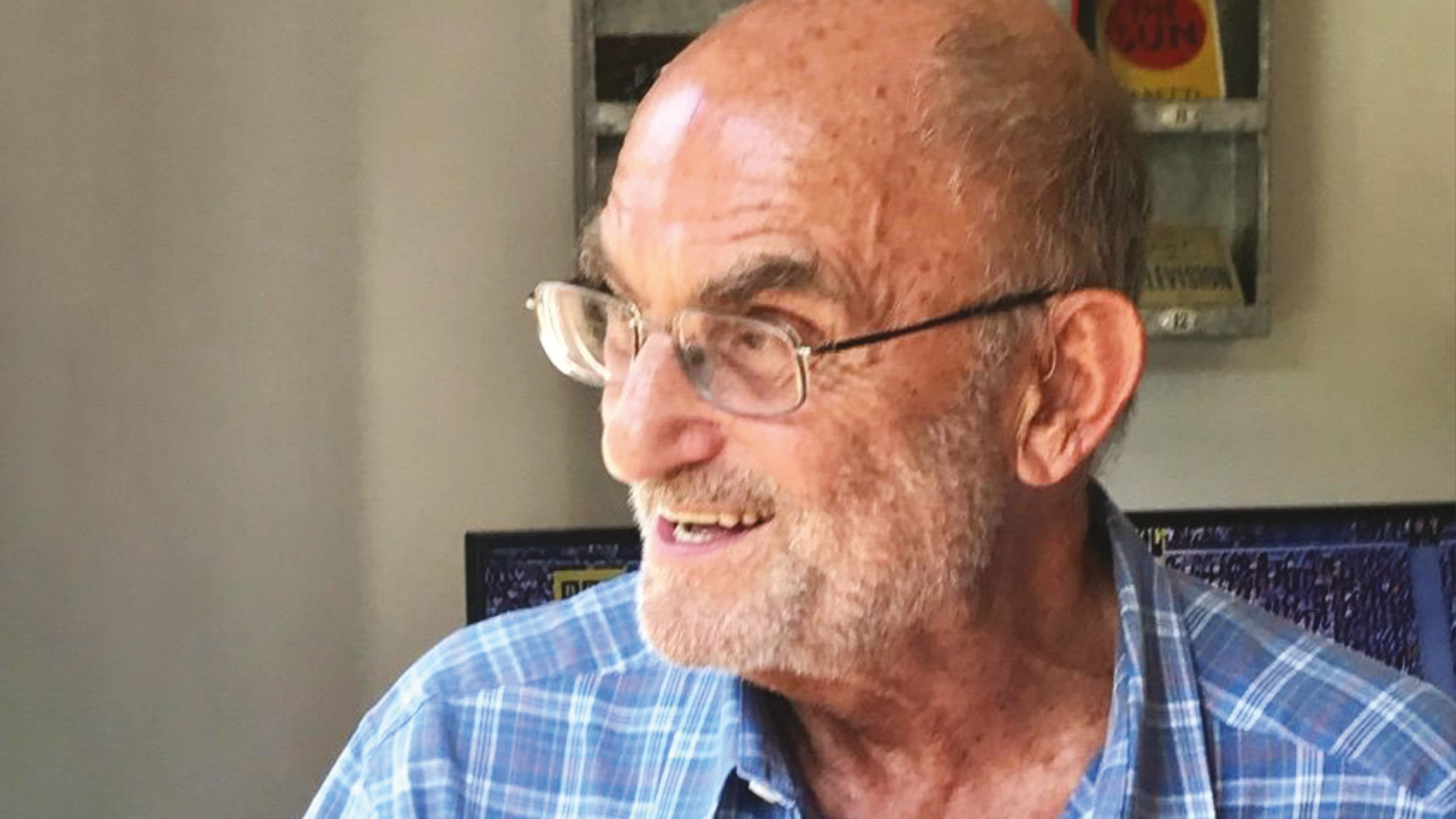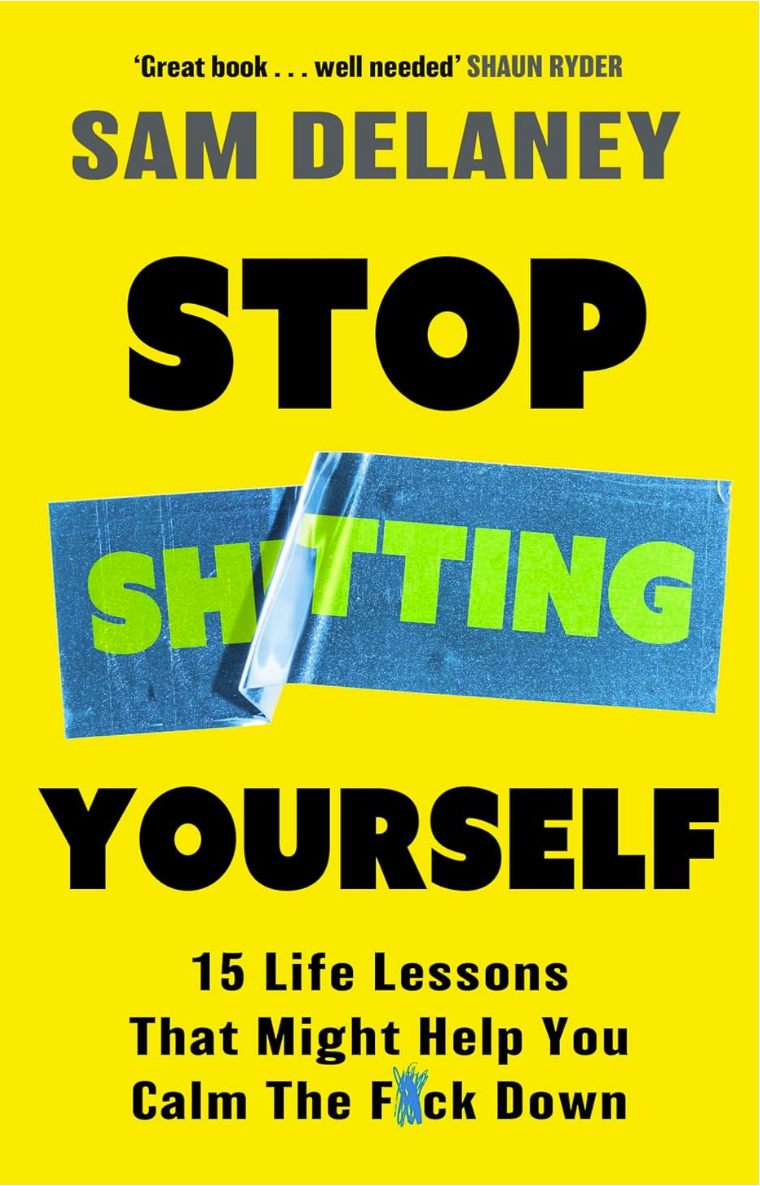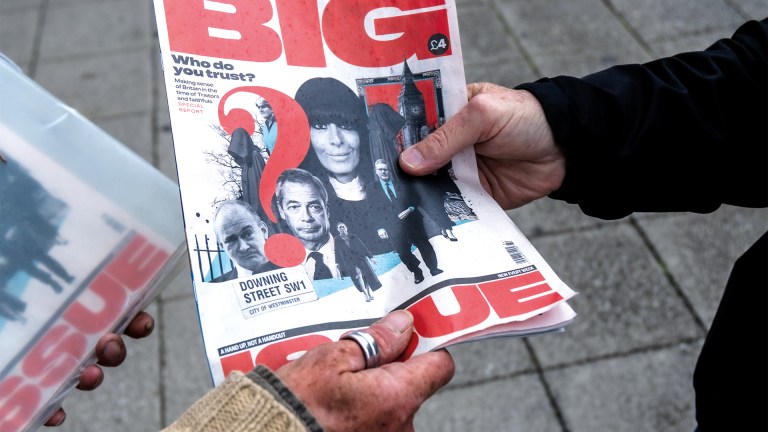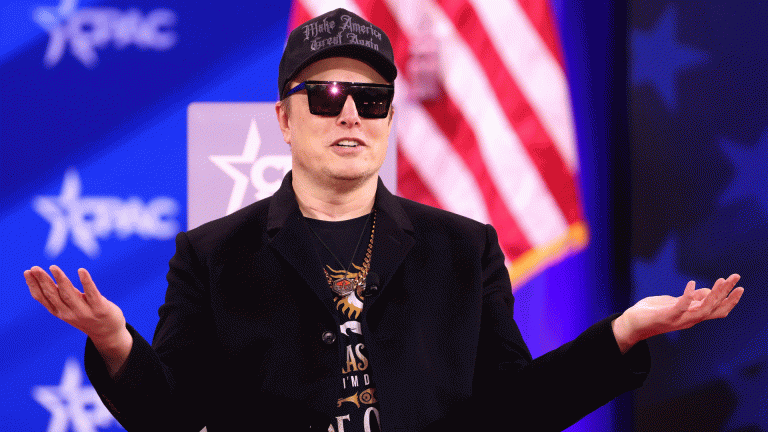My father-in-law Peter Pallai died last month. My family is in mourning. Of course, there is a hierarchy of grief, and my primary focus is on supporting my wife, who has lost an incredible father, and my children, who have lost a brilliant grandad. I don’t want to make it all about me (honestly).
But as I observe all the protocols of grief, I can’t help thinking (just occasionally, you understand) ‘WHAT ABOUT ME?’ People never think about the son-in-law, do they? He was my mate, my mentor and my role model. And he has left a massive gap in my life.
I first met him 30 years ago, in a pub in Brighton. I suppose he was giving me the once-over to see if I would make a suitable boyfriend for his daughter. But he never made me feel as if I was being assessed. He was funny, engaging and curious. He was in his 50s back then, not much older than I am now. What stood out about him was the absence of self-importance, pomposity or arrogance. These are such prevalent qualities in middle-aged men.
Given the opportunity to leverage a favourable power dynamic (such as buying a drink for your daughter’s callow new squeeze), most men, in my experience, would seize the opportunity to condescend and self-aggrandise. Peter never bothered. He wanted everyone around him to feel good about themselves. And he didn’t ever feel the need to puff out his chest. He would have thought it corny and embarrassing. He was just quietly comfortable in his own skin.
Read more:
- I asked ChatGPT to rate my life choices. I didn’t like what it told me
- Seeing your kid off to university is a joy – but we had some wobbles on the motorway
- Don’t believe what people are saying about London – it’s much safer than when I was a kid
Peter Pallai was born in 1938 in Budapest, Hungary. When Nazis invaded, he was separated from his parents for two years and hidden – along with a gaggle of other Jewish children – in a fourth-floor flat in the city centre. The building they lived in was bombed by the Allies. Miraculously, he survived. After the war, he had to contend with the occupying Soviets. In 1956, aged 18, Peter took part in an attempted revolution against the Russians. He was captured by the Red Army and faced execution, but managed to escape and flee across the Austrian border.







